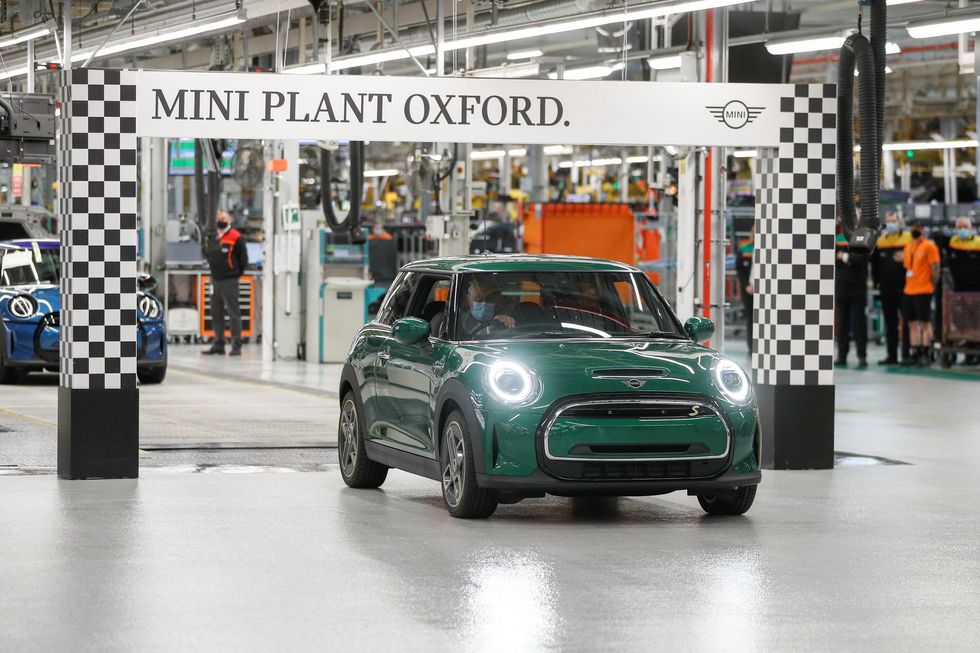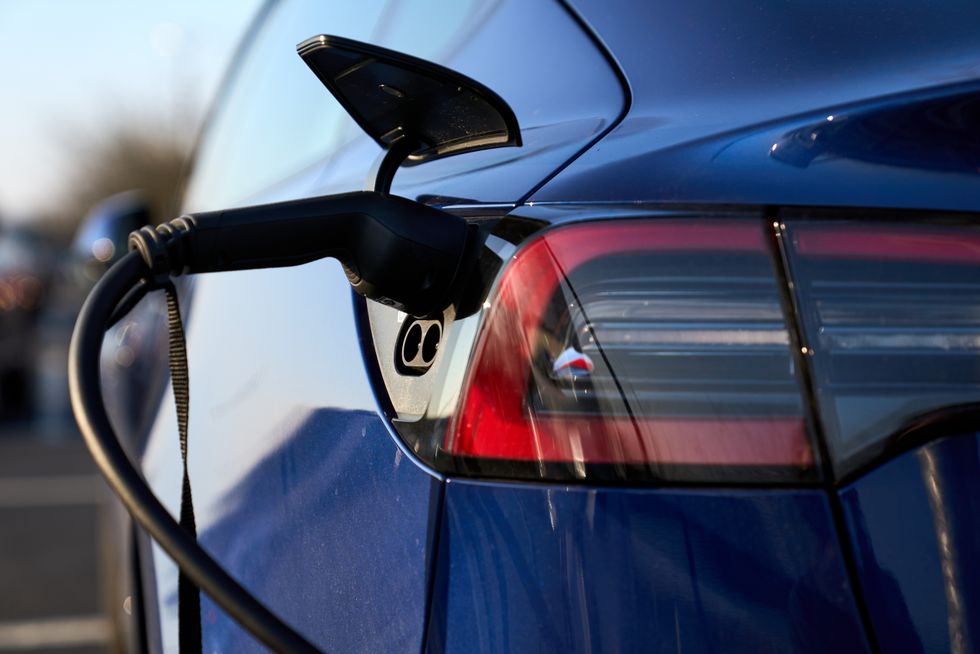Electric cars could cost the UK economy £34bn in doomsday scenario or add £16bn with huge EV uptake

'If the UK attempts to stand still on the transition, it risks repeating the mistakes of the 70s and 80s, leading to a crash in economic output and jobs lost'
Don't Miss
Most Read
Latest
Electric vehicles could have a disastrous impact on the economy unless major steps are taken to help manufacturers and motorists make the transition, according to new research.
A new report from the Energy and Climate Intelligence Unit (ECIU) and CBI Economics has found that the future of electric vehicles could have a huge impact on the UK economy, depending on how funding takes place.
The report - entitled "Electrifying Growth" - looked at what electrification could mean for the UK's automotive industry.
It found that in a best-case scenario where the UK automotive sector can embrace electrification, the UK economy could see a £16.1billion increase in Gross Value Added (GVA) by 2035.
Do you have a story you'd like to share? Get in touch by emailing motoring@gbnews.uk

The new ZEV mandate will encourage competition between manufacturers
| PAHowever, in a more pessimistic scenario, where the automotive sector does not have suitable conditions, the UK economy could lose £34.1billion by the middle of the next decade.
The difference between the two scenarios is over £50billion - greater than the current automotive sector's contributions.
The report highlighted how the stark contrasts in projections could influence the Government and key stakeholders should fight for the future of the automotive sector.
Louise Hellem, chief economist at the Confederation of British Industry, highlighted the need for the Government, industry and civil society to collaborate and ensure the UK automotive sector remains a "cornerstone of the economy".
In total, the automotive sector contributes £46.8billion in Gross Value Added to the UK economy, as well as supporting more than 552,000 full-time jobs.
More than one million vehicles were manufactured in the UK last year, with more than 20 per cent of these being sold internally. Around one-third go to the EU, 15 per cent go to the United States and nine per cent are sent to China.
The worst-case scenario of battery electric vehicle uptake would see production experience zero growth and remain in line with total production and output data in 2023.
Even a baseline scenario would see BEV production grow significantly which is consistent with an inflection point at 2030. This would represent growth of eight per cent and have a total GVA of £50.6billion.
Commenting on the report, Colin Walker, head of transport at the ECIU, said: "Global competition for the investment that will build the factories that manufacture EVs is intense.
"If the UK attempts to stand still on the transition, it risks repeating the mistakes of the 70s and 80s, leading to a crash in economic output and jobs lost."
He noted how the Government needs to create the correct conditions with "incentives and investments" to ensure the UK catches up with nations leading the charge for zero emission vehicles.
The report concludes by stating that a lack of growth in battery electric vehicle production through the Zero Emission Vehicle mandate period would represent "even greater losses and could see the automotive sector shed up to three-quarters of the jobs it sustains today".
LATEST DEVELOPMENTS:

Experts have called for additional policies to support electric vehicles
| PAIt adds that the consequences of such a decline in the economy would be "grave" and "catastrophic" for local communities.
The report concluded: "Global competition is only set to intensify further in the BEV market. Governments throughout the UK’s substantial export markets are implementing measures to support and incentivise BEVs, both in terms of production and consumption.
"The EV transition and scaling up of BEV production is therefore not a domestic choice, but a global inevitability."










